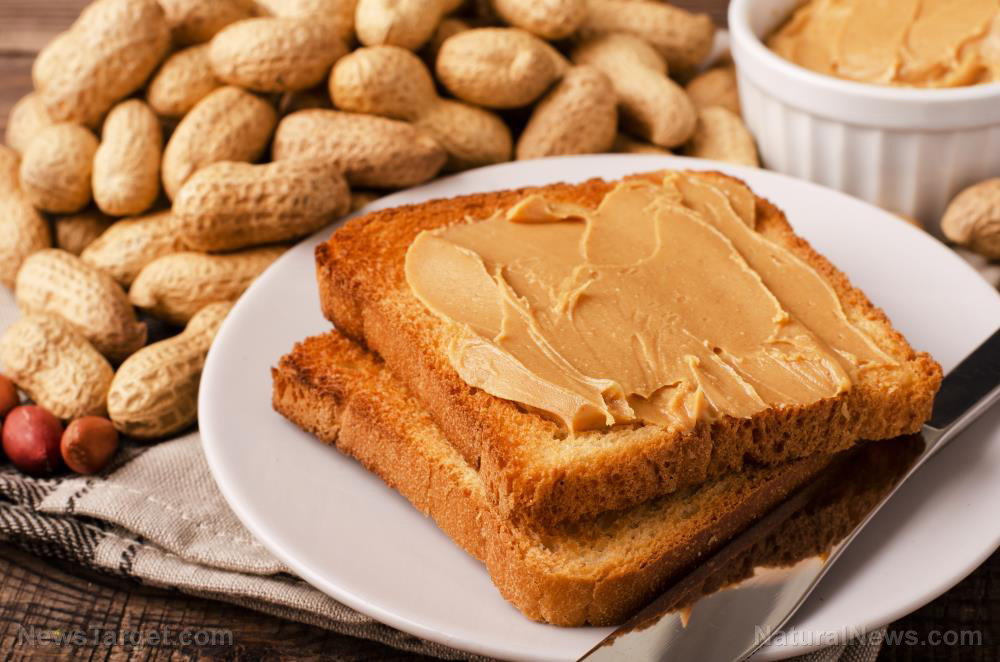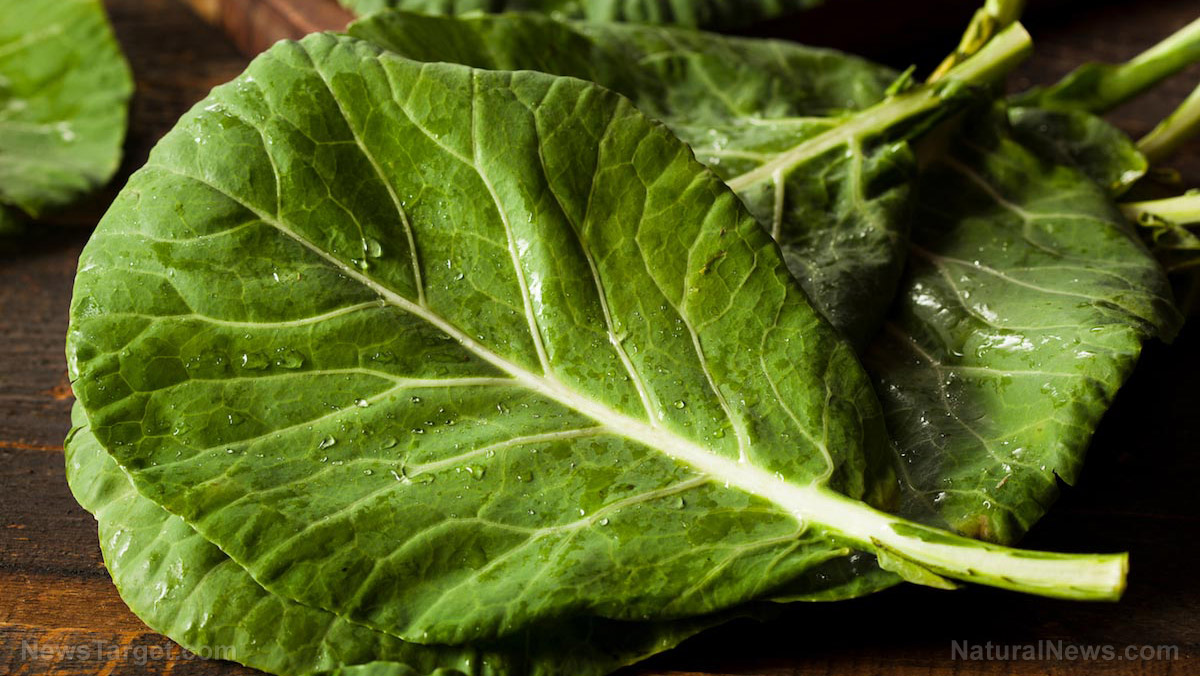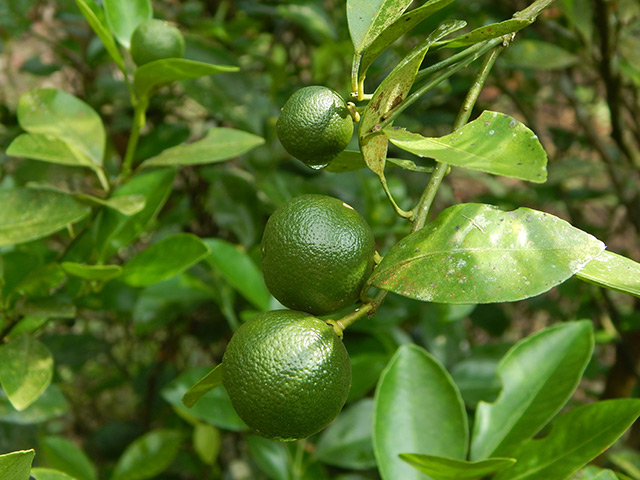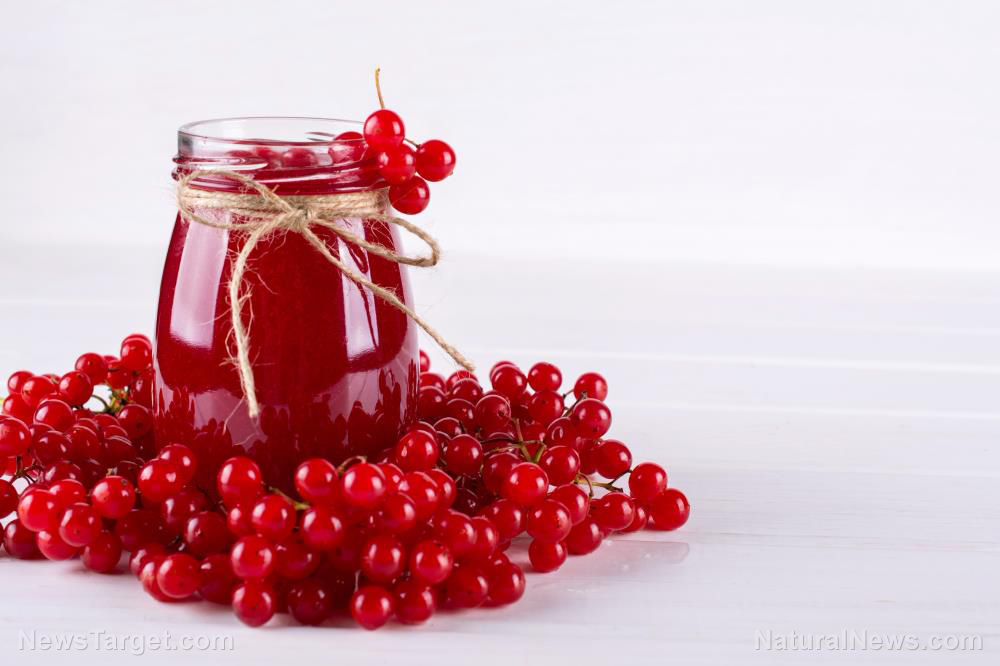Study suggests that eating peanuts instead of junk food can lead to better eating habits
03/12/2019 / By Michelle Simmons
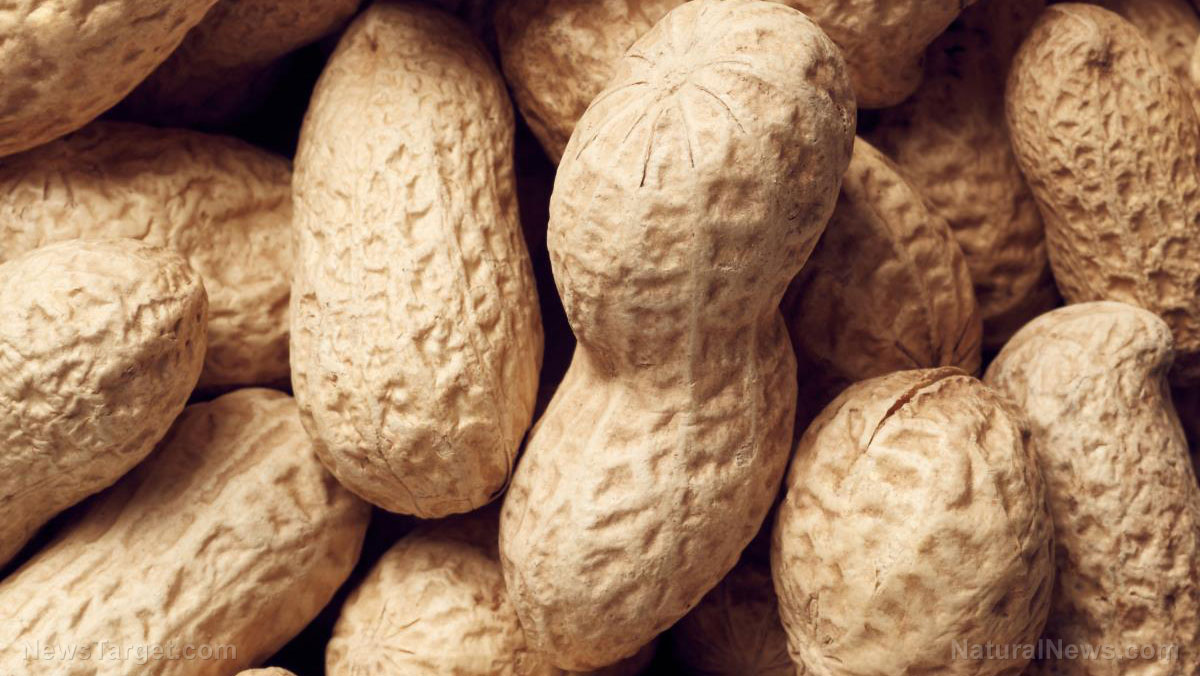
Snacking can be a healthy habit, but it most often just leads to weight gain, especially if you’re snacking on the wrong foods like junk foods. Instead of junk foods, researchers from the University of South Australia, University of Adelaide, and the University of Newcastle in Australia recommend eating peanuts because it leads to better eating habits.
Peanuts are known to increase satiety and may help in managing weight. Based on this, the researchers hypothesized that eating peanuts may help reduce the consumption of unhealthy foods. To test this hypothesis, they looked at the effects of adding peanuts to a regular diet on snacking habits and energy intake. They recruited 61 healthy participants, with a mean age of 65. The participants consumed their regular diet with or without peanuts for 12 weeks. The participants also recorded their food intake in food diaries, which were analyzed by the researchers at the start and end of each 12-week period for meal and snack content and timing.
The results of the study showed that the participants experienced increases in their total energy intake, body weight, and snacking frequency when they ate peanuts compared with control. In addition, male participants consumed fewer unhealthy savory foods during the peanut phase, while female participants ate fewer unhealthy sweet snacks. These results, which were published in the journal Nutrition Research, indicate that despite increasing energy intake and snacking frequency, eating peanuts may improve the diet by reducing the intake of unhealthy snack foods. (Related: The 5 common snacking mistakes that are making you fat.)
Benefits of snacking on peanuts
Peanuts, scientifically known as Arachis hypogaea, are the most consumed nuts in America. In addition to improving your diet, eating peanuts offers the following health benefits:
- Peanuts help keep the heart healthy: Peanuts have gained a bad reputation because of their high-fat content. However, the types of fats present in peanuts are actually heart-healthy fats, such as unsaturated fats, which are associated with lower risk of cardiovascular disease. These healthy fats also promote blood flow and prevent heart attacks or strokes. In addition, peanuts also contain some resveratrol that has been shown to increase blood flow, which also helps lower stroke risk.
- Peanuts help protect against gallstones: A study has shown that eating high levels of peanuts can cut the risk of gallstones, which are small particles that form in the gallbladder, by 25 percent. This is especially beneficial for people who are at a higher risk of gallstones, including women, overweight individuals, people older than 40 years old, and those who follow a diet high in calories and refined carbohydrates.
- Peanuts provide copper: Peanuts contain copper, which is considered as an essential micronutrient. This trace mineral is important for several physiological processes. For one, it forms a crucial part of enzymes that regulate energy production and neural activity. Copper is also essential in the nervous system as it is needed in the formation of the myelin sheath in neurons. In addition, it also plays a role in the prevention of cardiovascular disease and neurodegenerative conditions like Alzheimer’s and Parkinson’s disease.
- Peanuts support your physiological well-being: Peanuts improves physiological well-being because they are packed with biotin, which is a water-soluble vitamin that is a part of the vitamin B complex. It is involved in dozens of enzymatic reactions in the body, such as processes that regulate the expression of genes. Preliminary studies show that this vitamin could help treat multiple sclerosis, diabetes, and some brain functions. Biotin is also beneficial for pregnant women, reducing the risk of congenital birth defects.
- Peanuts ward off cancer: The antioxidant content of peanuts also help ward off cancer. Antioxidants neutralize free radicals that damage the cells. Excessive free radical activity has been shown to promote the formation of cancerous cells.
Read more news stories and studies on reducing junk food intake by going to JunkFood.news.
Sources include:
Tagged Under: diet, eating habits, fatty foods, healthy diet, nuts, Peanuts, research, science, snack foods, sugary foods


